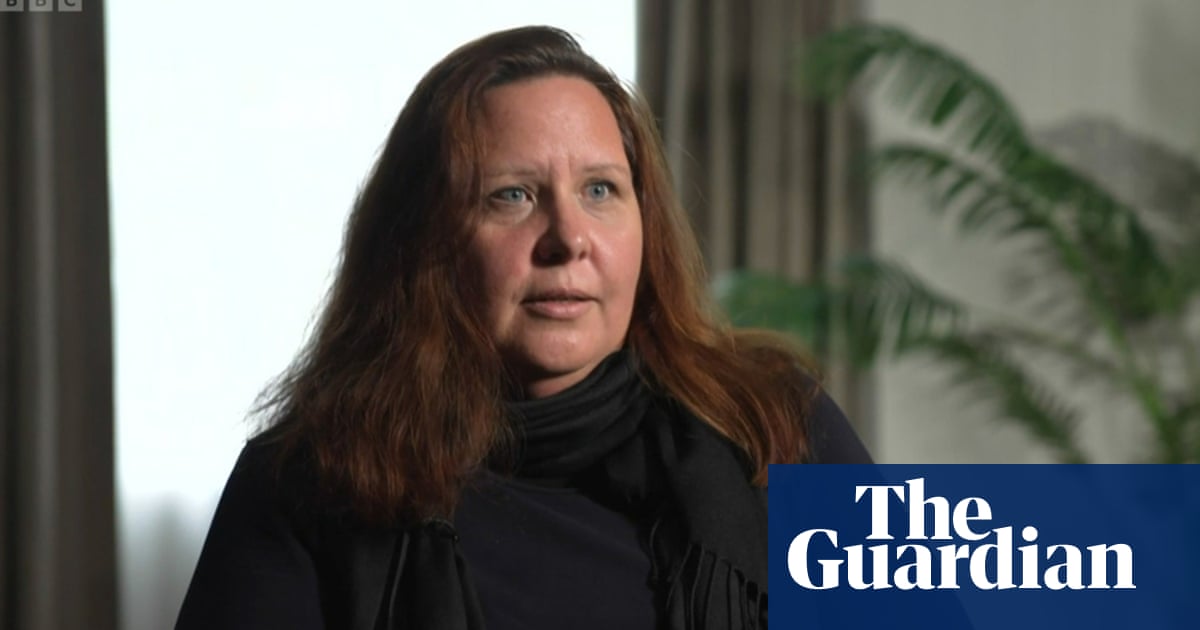
The mother of a University of Exeter student believed to have killed himself after a “disastrous” set of exam results has accused academics of failing to make her son feel like he was “wanted”.
Less than a month before his death last year, Harry Armstrong Evans, 21, told his tutor in an email that isolation during the pandemic had affected his mental health and his performance in his third-year physics and astrophysics exams.
But neither academic staff nor the welfare team spoke to the student face-to-face after the email and his mother, Alice, told the inquest into his death on Thursday that her son had not understood he could do re-takes or repeat his final year.
She also claimed that 11 students at the university had killed themselves in the last six years, including another young man in the physics and astronomy department.
Addressing the head of the department, Tim Harries, she said academics should have done more to help her son, who had performed well until then.
She said: “You should have contacted Harry and said: ‘What’s going on here?’ We were so thrilled he was going to Exeter. We didn’t expect Harry to take his life. It was definitely as a result of these exams.”
Alice said she was sure her son had not known his options. “If Harry had had all that knowledge, he would have felt wanted,” she said. “I blame the academic staff. I blame welfare too.”
Alice and her husband, Rupert, are campaigning for the government to adopt what they have called “Harry’s law”, under which universities would have to publish the annual student suicide rate, and the faculties in which those students were studying.
Harries told the inquest in Truro that Armstrong Evans’ tutor, Matthew Browning, and the wellbeing team had tried to help. “We were all doing our best for Harry,” he said.
The university has said that not all the 11 deaths have been confirmed as suicide by a coroner, and Harries said he did not believe more suicides happened at Exeter than at other universities.
Armstrong Evans sent the email to Browning and the university’s welfare team setting out his problems on 28 May 2021.
He wrote: “I have been in isolation in my virtually empty hall of residence.” He added he had had “some significant personal problems” in the run-up to the exams, but went on: “I’ve spent so much time isolated by myself in my flat with almost no human contact. It really has had an adverse effect on my mental health. I really struggled to think straight and the exams for me were a horrible culmination of my stresses.”
Browning told the inquest he did not feel the student’s concerns were “exceptional” enough for him to raise them with his parents. He said he had not had in-person training on suicidal ideation and could not recall receiving formal guidance on spotting “red flags” that might have helped him recognise warning signs. The student was found dead at the family home near Launceston, Cornwall, on 24 June 2021.
The inquest, due to end on Friday, came as Universities UK, representing 140 universities, said there needed to be clearer policies on how and when they should involve relatives, carers and trusted friends when there is considered to be a serious risk to a student’s welfare.
A group of parents, including the mother and father of Natasha Abrahart, a University of Bristol physics undergraduate who had severe social anxiety and killed herself a day before she was due to give a “terrifying” oral exam, called for the government to introduce new laws to protect students.
Margaret and Robert Abrahart are among a group of 25 bereaved families who on Thursday night launched a parliamentary petition calling on ministers to establish legislation that would mean universities have a legal duty to exercise reasonable care and skill when teaching students and providing support services.
In the UK and Ireland, Samaritans can be contacted on freephone 116 123, or email jo@samaritans.org or jo@samaritans.ie. In the US, the National Suicide Prevention Lifeline is at 800-273-8255 or chat for support. You can also text HOME to 741741 to connect with a crisis text line counselor. In Australia, the crisis support service Lifeline is 13 11 14. Other international helplines can be found at befrienders.org












